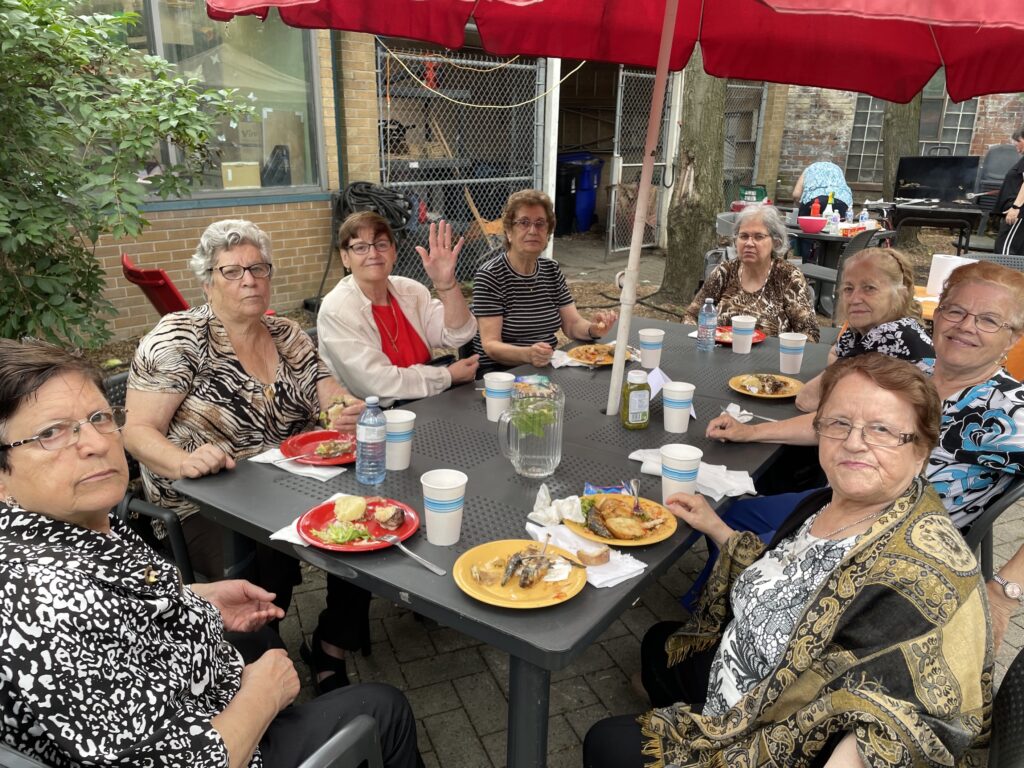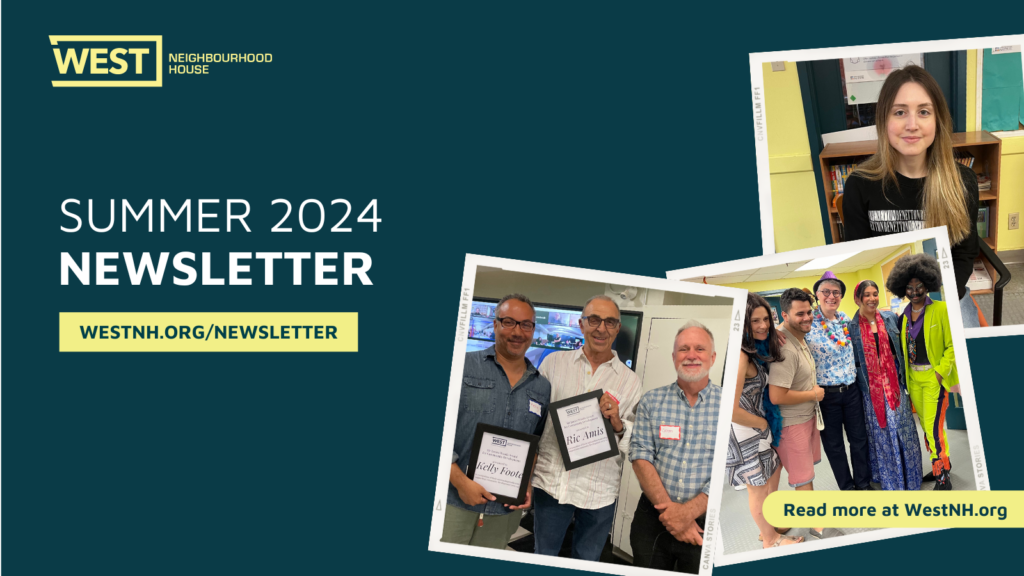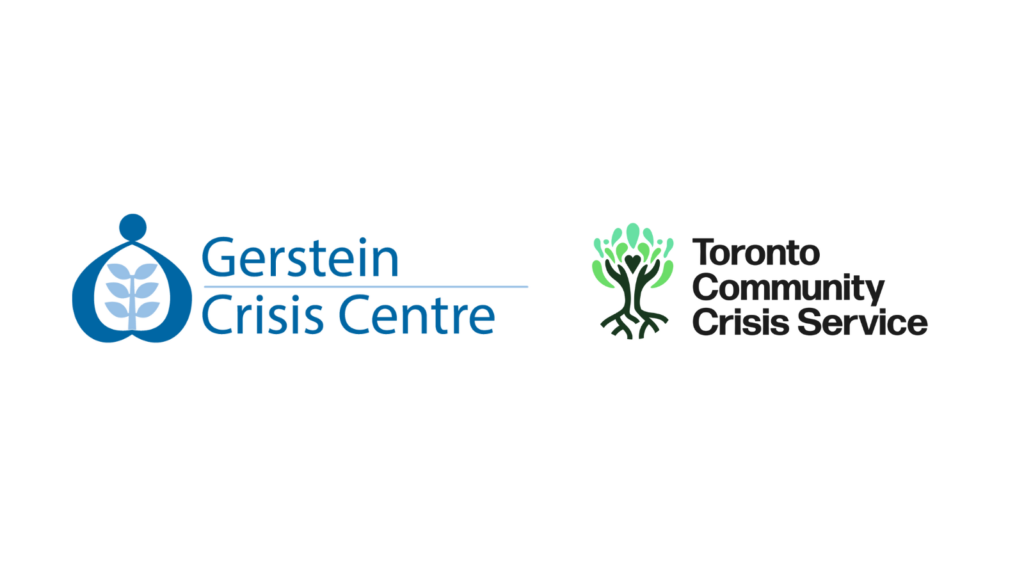Dear Friends of the House,
The work of West Neighbourhood House is possible only through the hard work and dedication of our staff, partners, volunteers, donors, and members of the community.
In this newsletter, we want to recognize just some of the individuals that contribute to bringing about meaningful change in our community.
At our recent Annual General Meeting, we recognized community builders with the Sir James Woods Award for Community Development.
We have profiled one of our donors and a volunteer for this edition of the newsletter.
One of the values of our organization is Neighbourhood-based, Community-centred, which among other things, means we see the House as an asset belonging to the community, and a place to address conflict and polarization, and as a catalyst for sparking local change.
In June, our organization honoured Pride Month and National Indigenous History Month, with several events around the House, meant to educate and acknowledge past wrongs and discussing steps we could take to move towards a more equitable and just community and society.
Read more about what has been happening at the House.
The House celebrates community builders at our Annual General Meeting.
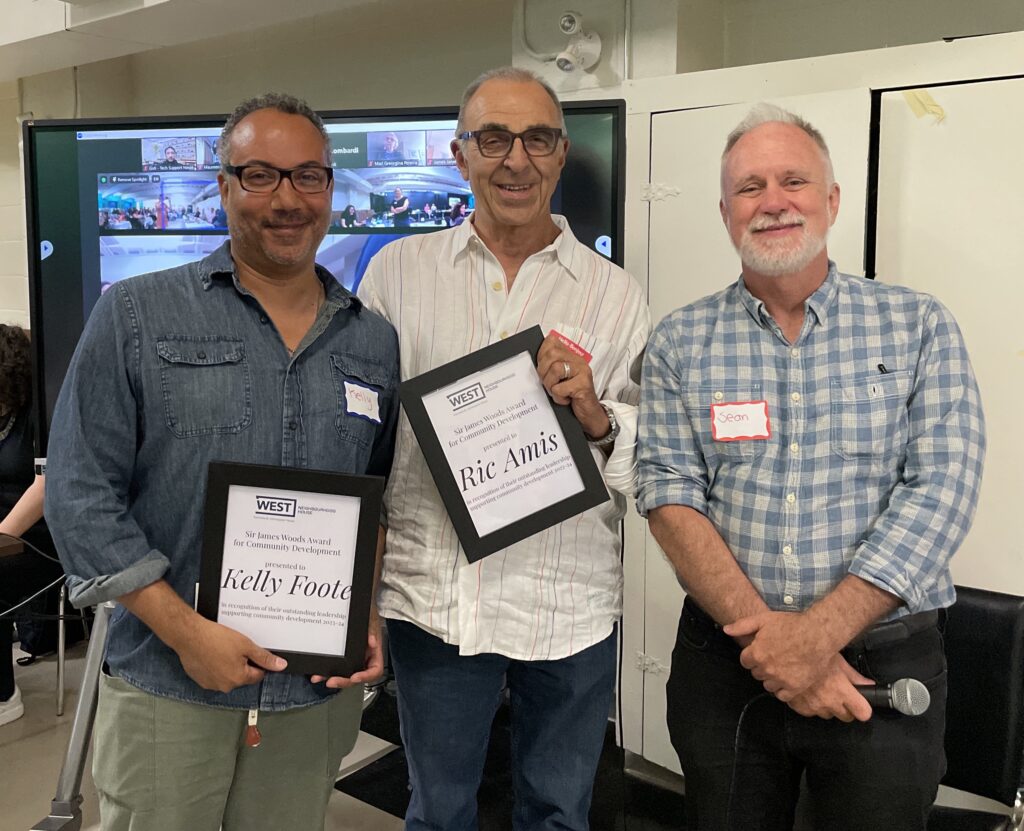
West Neighbourhood House held its Annual General Meeting in June, welcoming staff, donors, partners, volunteers, program participants and members of the community, to the Stan Meek Community Hall. As part of the event, staff and Board members shared personal stories and the results of our work with the community over the past year.
The House was proud to recognize community members Ric Amis and Kelly Foote, who are this year’s recipients of the Sir James Woods Award for Community Development. The prize is awarded annually to individuals and groups who demonstrate an extraordinary commitment to serving the community.
Ric Amis and Kelly Foote have distinguished themselves with their work leading the Parkdale Residents Association, where they keep the community informed on issues that impact everyone while also advocating for more inclusive local arts, better public spaces, and other community benefits, on their behalf.
The House would like to thank Ric and Kelly for their incredible contributions to the community. We look forward to continuing to work together for the community of Parkdale.
Lynne Westerhoff, a lawyer with Gardiner Roberts, was also in attendance, to explain and answer questions about the proposed changes to our Articles of Incorporation that included important revisions to our by-laws, which impact the way our organization is governed. The changes were approved by voting members.
We said goodbye to several of our Board of Directors: Chandran Fernando, Emily Paradis, Evelyn Amponsah, Susan Main, and Will Falk. We thank them for their hard work and commitment over their terms.
Voting members re-elected some existing Directors for their second term and voted the following nominees to the Board: Maisie Chu, Caspar Sinnige, Rachel Spence, James Janeiro, Isaiah John, and Zahra Ismail. We look forward to the expertise and insight they will contribute to the House.
Finally, we approved the financial statements for the year, ending March 31, 2024. You could view full details, including information from past years on our website.
On behalf of West Neighbourhood House, we want to express our appreciation to the entire community for their contributions to the success of the past year. We look forward to our continued collaboration in fostering a more resilient and inclusive community.
If you are interested in learning more about the developments in the House over the past year, please refer to our 2023-2024 Annual Report.
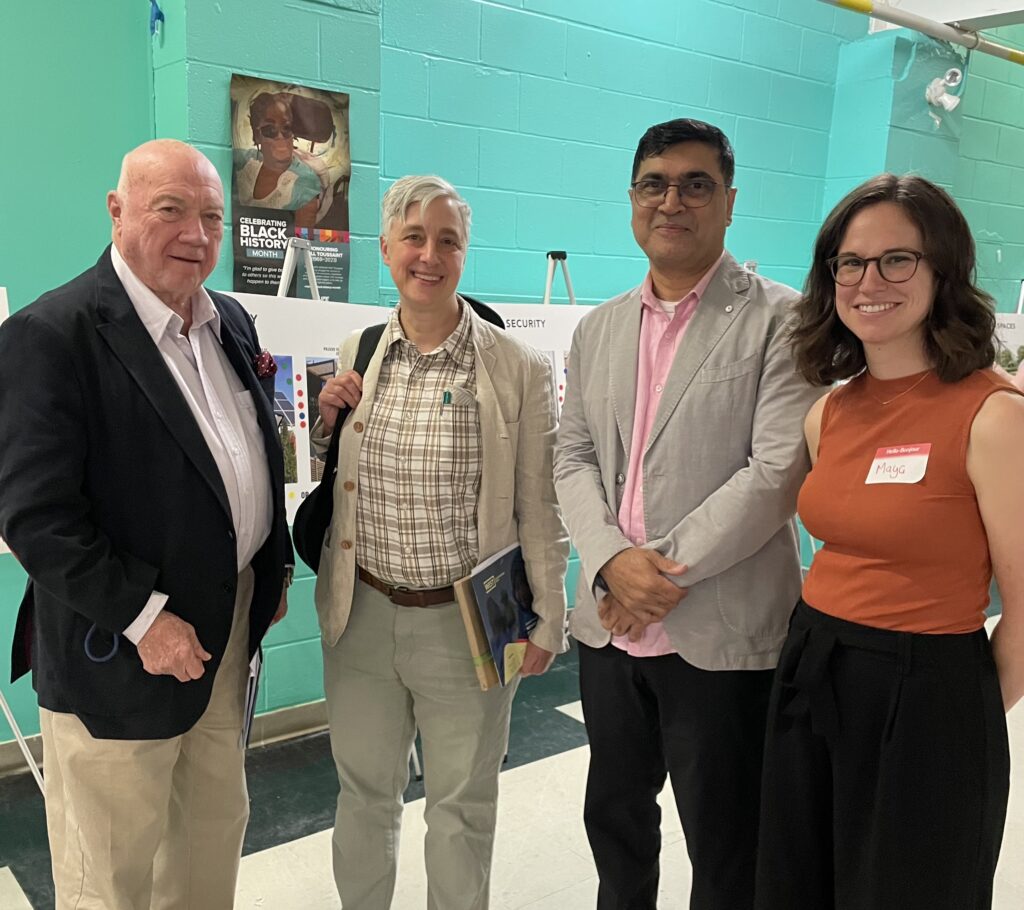
The House takes part in Pride festivities.
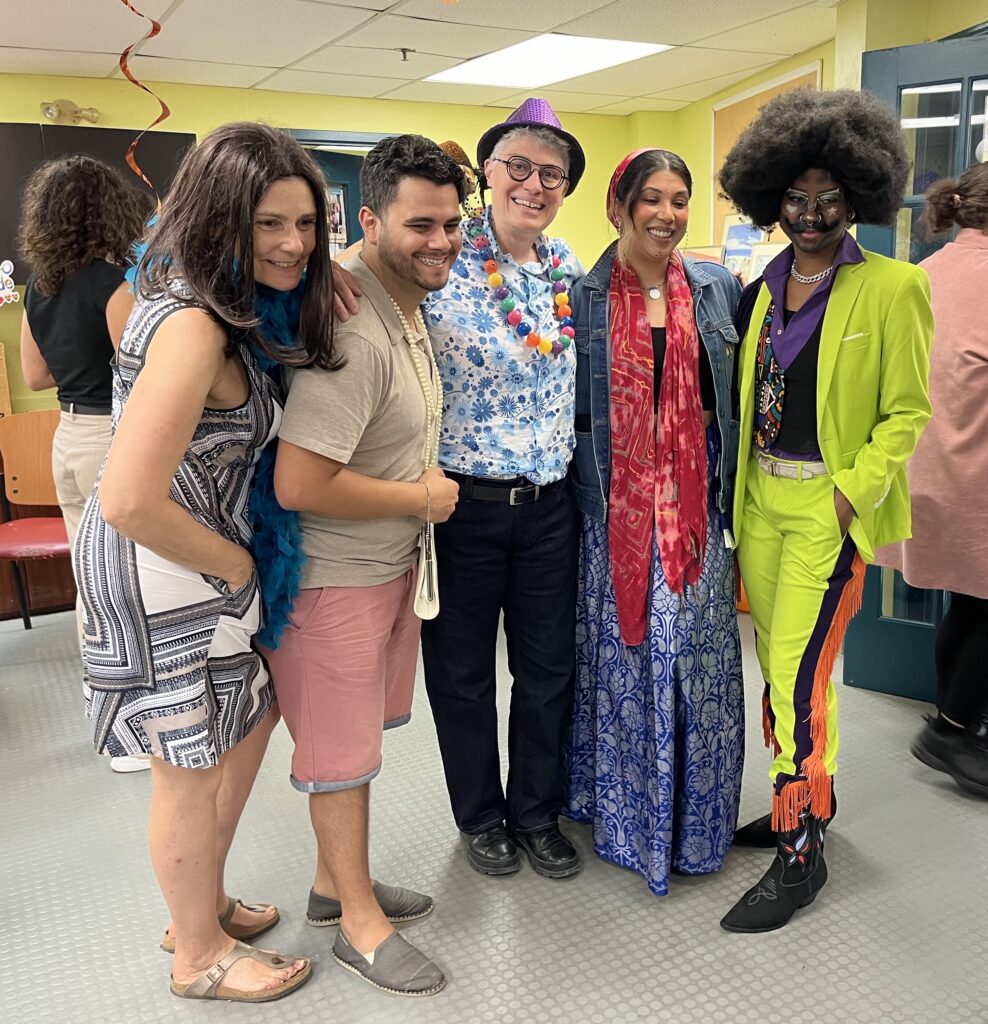
June is the beginning of Pride season. As always, the House held several events that celebrate the strength and cultural vibrancy of the LGBTQ2I+ community. These events brought together staff and members of the community and provided an opportunity for deep reflection and difficult conversations.
In one event at our 248 Ossington, the staff were treated to a performance from Drag King and dancer Manny Dingo.
Executive Director Maureen Fair also spoke about her own experiences at the House. “Homophobia shows up everywhere and sometimes at the least expected times. It’s something we always have to counter,” she says.
“We always have to be on guard, even with ourselves. We have internalized homophobia and transphobia sometimes too.”
The staff also paid tribute to one of our own, Tony Seaward, a long-serving Employment Specialist and Job Developer, and openly Queer man, who had passed away a few days before.
“Tony was a big part of the staff that were openly gay [at West Neighbourhood House], which were few for a long time. I wanted to take a moment to honour him. Through his work as a Job Developer with the Toronto Youth Job Corps, Tony was an incredible role model to the youth that were out. They were comforted by him and very confident in everything that he was able to do.”
Later in the month of June, the staff gathered once again for a ‘De-colonized love’ tea event, where Associate Executive Director Zaria Duncan lead a discussion on issues related to Indigeneity, sexuality, and gender.
Finally, West NH staff, together with our partners from Toronto Neighbourhood Centres, joined members of the community for the Trans Pride March.
The House approaches righting relations with Indigenous people through education and discussion.
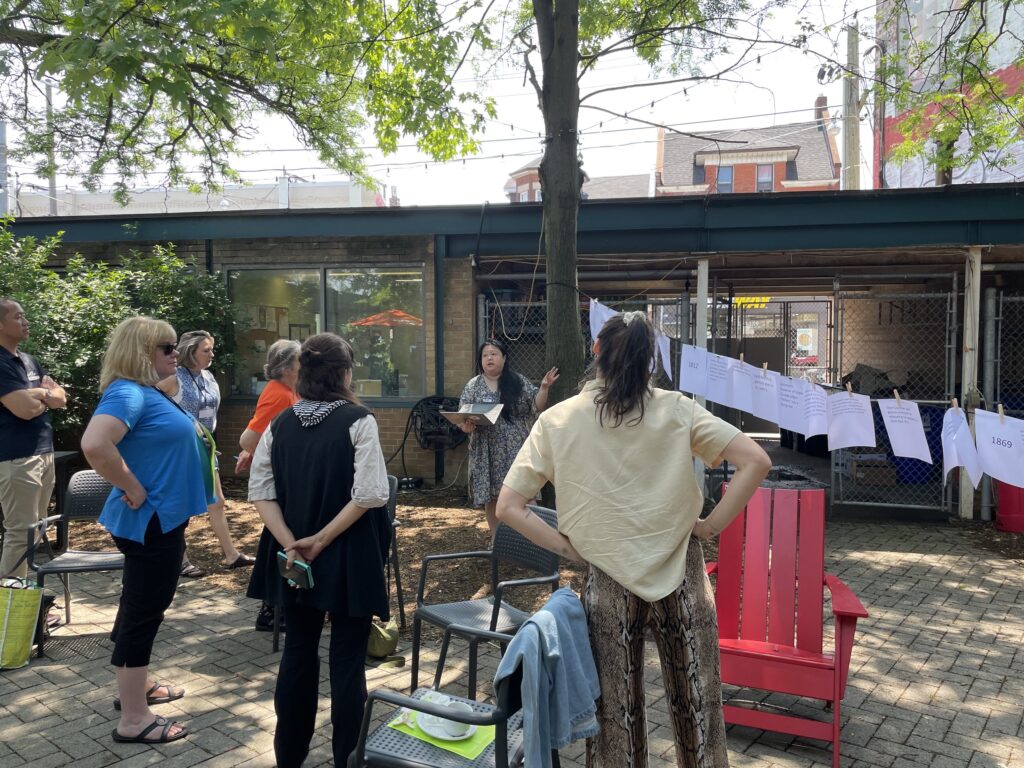
In the month of June, the House recognized National Indigenous History Month, a time to learn and reflect on the history and experiences of Indigenous peoples in Canada.
The activities reflected the House’s values for approaching righting relations and building on the events from the National Day of Truth and Reconciliation last fall.
Discussions centered on how we can remember and acknowledge the past, but also ways we could move towards a path of understanding and reconciliation. Staff talked about actions taken by the House to move towards building stronger connections with the Indigenous community.
Inspired by local Chippewa artist Nyle Miigizi Johnston’s work with the Time Travelling Collective, staff engaged in our own ‘time travelling’ to build an Indigenous history timeline to start our conversations about how we can better build reconciliation into our own work across the House.
We unfolded the complicated history that is part of working on this land and acknowledged how over time, relationships with Indigenous people and settlers have been marked by unjust colonial policies, systemic discrimination, and Indigenous resistance in response. We noted that much of this history is lost, intentionally, and the timeline we can travel along is only a partial, broken one.
We discussed the treaties signed by Settlers and Indigenous peoples beginning in the late 1700s but noted that too often Indigenous rights guaranteed by these treaties have not been acknowledged.
And we came together over a lunch with tasty Klemtu Spirit smoked fish from Kotasoo/Xai’xais Nation made in the heart of the Great Bear Rainforest.
West Neighbourhood House commits to righting relations with Indigenous people and the land, by listening to the voices and learning about the experiences of Indigenous peoples.
Donor Profile: Claude Breeze
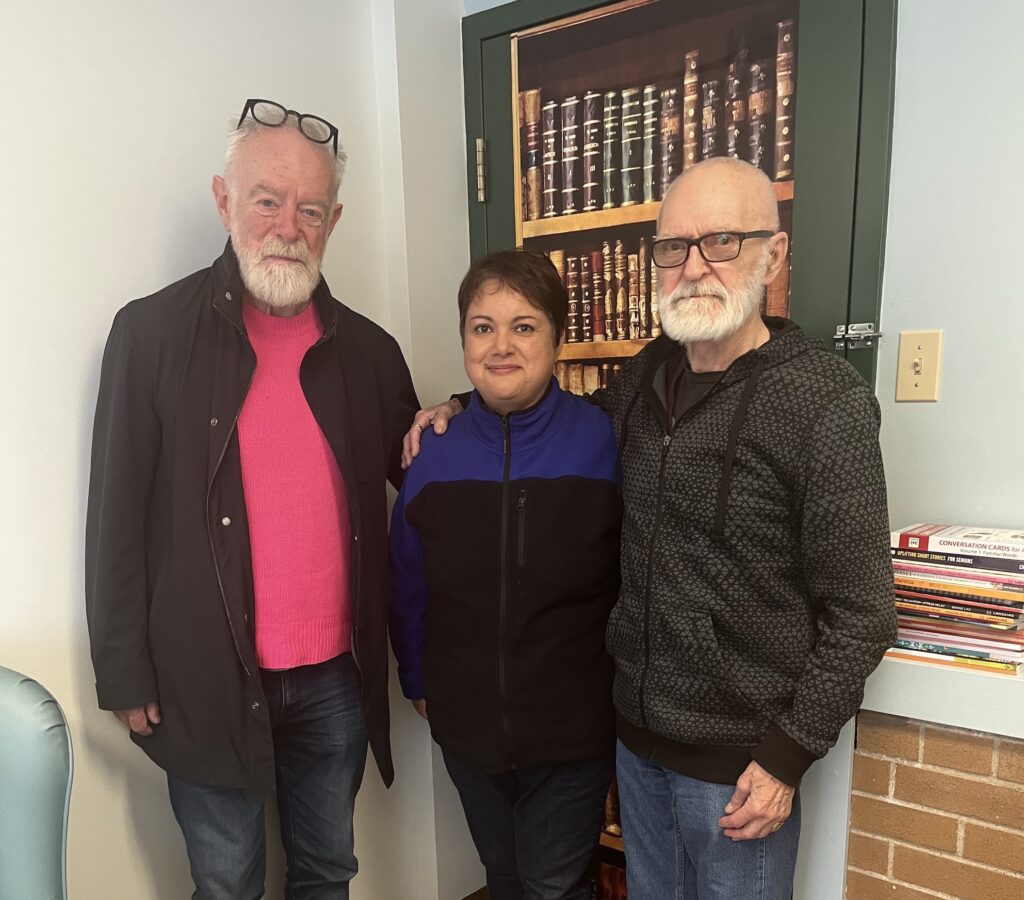
The work of West Neighbourhood House could not be possible without the generous support of donors like Claude.
After his wife received a diagnosis of a cognitive disorder, they contacted the House and were connected to the Adult Day Program. The program offers social and recreational activities for individuals with physical and health challenges, as well as cognitive impairments.
“She called it Happy House. This was Happy House to her,” Claude says of his wife. He recalls that his wife would always mark ‘Happy House’ on her calendar on the days she attended the Adult Day Service Program at West Neighbourhood House.
As the primary caregiver for his wife, Claude says the programs at West Neighbourhood House helped him manage his duties of caring for a loved one with that of his own life. “As a caregiver, I was really doing it 24-7,” he says.
“It did wonders for my wife. She was beginning to change, and it was noticeable for people who knew her. It really helped her.”
He remembers his wife would talk about the staff and the activities she enjoyed. Amongst the many activities, the staff would also do exercises to promote physical health. In addition, on Friday mornings, she would participate in a virtual music class which stimulated her cognition.
“The stimulations made a difference. After the exercises, she always read more into what was going on.”
During the pandemic, with most of the programs running remotely or on hold, West Neighbourhood House introduced the Adult Day program at home, where people participate in activities remotely, with in-person support and personal care from visiting staff.
“It was really helpful. We could arrange for someone to come to our home. That’s when we discovered jigsaw puzzles. The secret was, if I did all the borders, she could fill it in with the pieces. She did it quite well.”
“They also did a number of different activities with shapes. And, there was the standard arts and crafts and drawing activities. She would also have a nice lunch [at the House with the other participants]. It was very good for her. It gave her the ability to socialize with others.”
Friendly visiting builds personal connections and shared experiences.
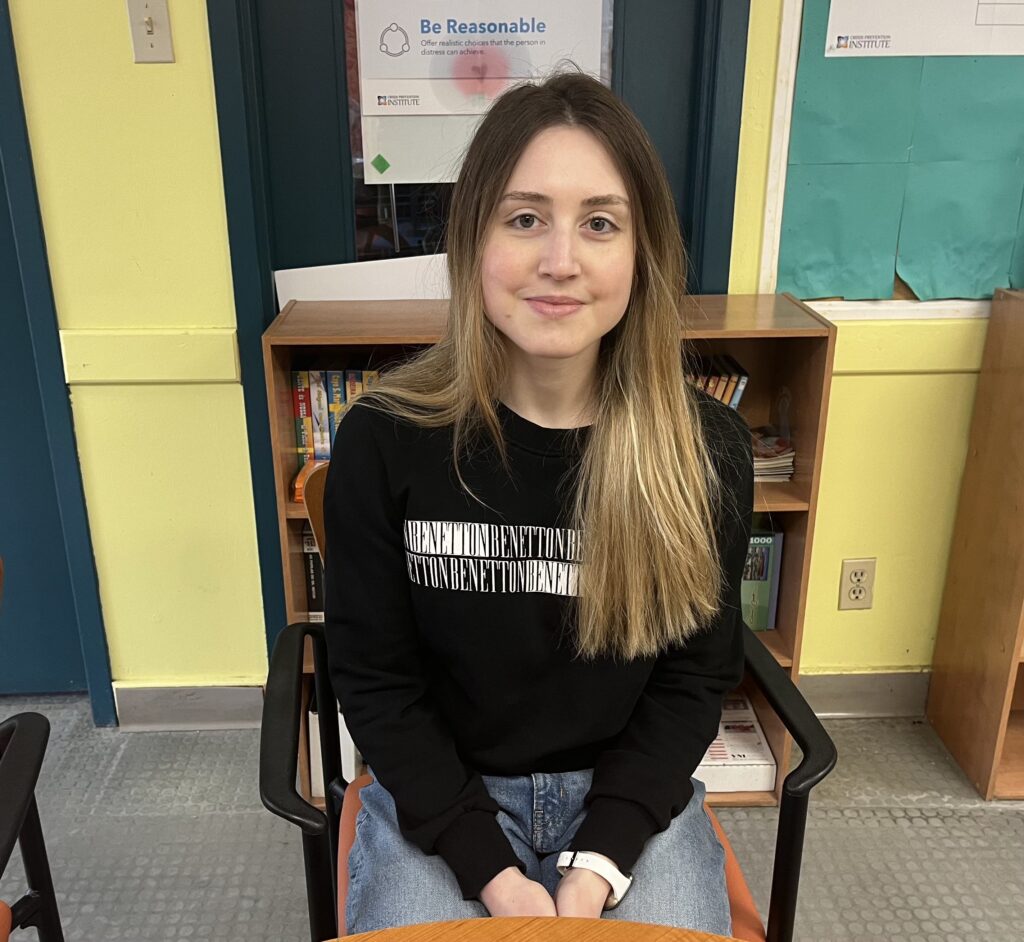
Amanda began volunteering as a friendly visitor in 2018, when she was a university student.
“I wanted to get a little more involved in the community, either by volunteering or finding a part-time job while studying. And, because I am originally from Italy and Italian is my first language, I started looking online for something that involved Italian speakers.”
She learned about friendly visiting at West Neighbourhood House. The Friendly Visiting Program provides seniors and people living with disabilities, who have limited social contacts, with regular visits from volunteers, helping to reduce feelings of isolation and promote healthier, more independent living.
Soon after, she began visiting an Italian-speaking senior who she has visited regularly for six years.
“It was pretty close to where I used to live and close to university. I thought that I would just give it a try. And, because I’m away from my family as well. Going to visit an elderly person sounded like a good idea to find a little piece of home.”
Volunteers provide companionship and support, through in-person visits to a participant’s home, in the community or over the phone. “The program tries to see if you fit with someone. To see if it is going to be a good match,” Amanda says.
The Visiting, Social and Safety Program and its volunteers also provide security checks, identifying any concerns or possible needs of the program participants, and informing staff to follow up.
For Amanda, friendly visiting has been a rich and rewarding experience. “I look forward to the visit every week because I really enjoy spending the time with them,” she says.
“We talk about life and her experiences, and how they found Toronto compared to Italy.”
“I feel relief just going to visit them, talking to them and listening to what they have to say. They also give me some advice on my life. They have experienced a lot more than I have.”
“We would share memories and listen to each other’s stories. It’s a little bittersweet, when I have to say goodbye.” “I don’t really think of it as a task. I think that’s the point of volunteering. Doing something that makes you feel good about what you’re doing. It makes you feel happier. And, it’s not only about helping them, because you get help from them as well.”
For a full description of the position and to apply, please visit our website page here.
Eco-Therapy group helps people address effects of climate change on health.
This summer, a unique outdoor Eco-Therapy group was organized at West Neighbourhood House. It was built on the success of last fall when Dr. Nate Charach led sessions at Parkdale’s Milky Way Garden.
The Eco-Therapy group was divided into six sessions and took place at our location at 248 Ossington in our outdoor courtyard. Dr. Nate helps participants to explore, shift, and engage with distress in the face of uncertainty. By connecting with ourselves, others, and nature as part of the healing process, community members embrace a holistic approach to wellness.
If you would like to learn more about Dr. Nate and Eco-Therapy, please visit: https://psychiatree.beehiiv.com
Welcoming our community partner, Gerstein Crisis Centre.
The House is pleased to announce our partnership with the Gerstein Crisis Centre. Gerstein’s new 24/7 mobile “Community Crisis Service West” team is now based at and operating out of our 248 Ossington Avenue location.
Over the years, the House has actively promoted alternatives to policing. More recently, we have worked with community partners to secure funding for a community crisis response program as an alternative to policing for people in distress. As a result, we are part of a partnership, led by Gerstein, that has secured 5-year funding for a mobile crisis response team in the west end.
Gerstein Crisis Centre, established in 1989, offers community based mental health crisis support by telephone, mobile visits, and short-term crisis stays. They also provide Mental Health and Justice (MH&J) safe beds, Substance Use Crisis Team (SUC), Finding Recovery through Exercise, Skills, and Hope (F.R.E.S.H), Community Education and Training.
In recent years, the organization has expanded its crisis services to include: 988 (Suicide prevention crisis line), 911 Diversion Co-location Project, Here to Help (H2H), Toronto Public Library and Toronto Community Crisis Services (TCCS). TCCS was piloted in 2022, and in July 2024, the project was launched city-wide! Gerstein Crisis Centre’s TCCS teams now serve all South-Central Toronto and South Etobicoke and include the following police divisions: 11,13,14, 22, 51,52, 53 and 55.
Overview of TCCS:
TCCS provides free, confidential, 24/7 in-person mental health support for Toronto residents 16 years or older. The mobile teams take a trauma-informed, harm reduction, recovery-focused approach that respects the individual and their ability to define what is happening for them and what they need.
TCCS also provides:
- referrals and connections to other services
- resources and information
- Up to 90 days of post-crisis follow-up support
To access TCCS for yourself or someone you are concerned about, call 211 and ask for TCCS
To access the Gerstein Crisis Centre, call the 24/7 Crisis line at 416-929-5200.
For additional information on the Gerstein Crisis Centre: https://gersteincentre.org/
For additional information on the Toronto Community Crisis Services (TCCS): https://www.toronto.ca/community-people/public-safety-alerts/community-safety-programs/toronto-community-crisis-service/
Stay in Touch!
There’s one more great — and totally free! — way you can help strengthen our community: Forward this email to someone you know who might be interested in the work of the House. Anyone can sign up to receive our emails by visiting westnh.org/newsletter!
And, don’t forget to follow us on Facebook, Instagram and Twitter.
